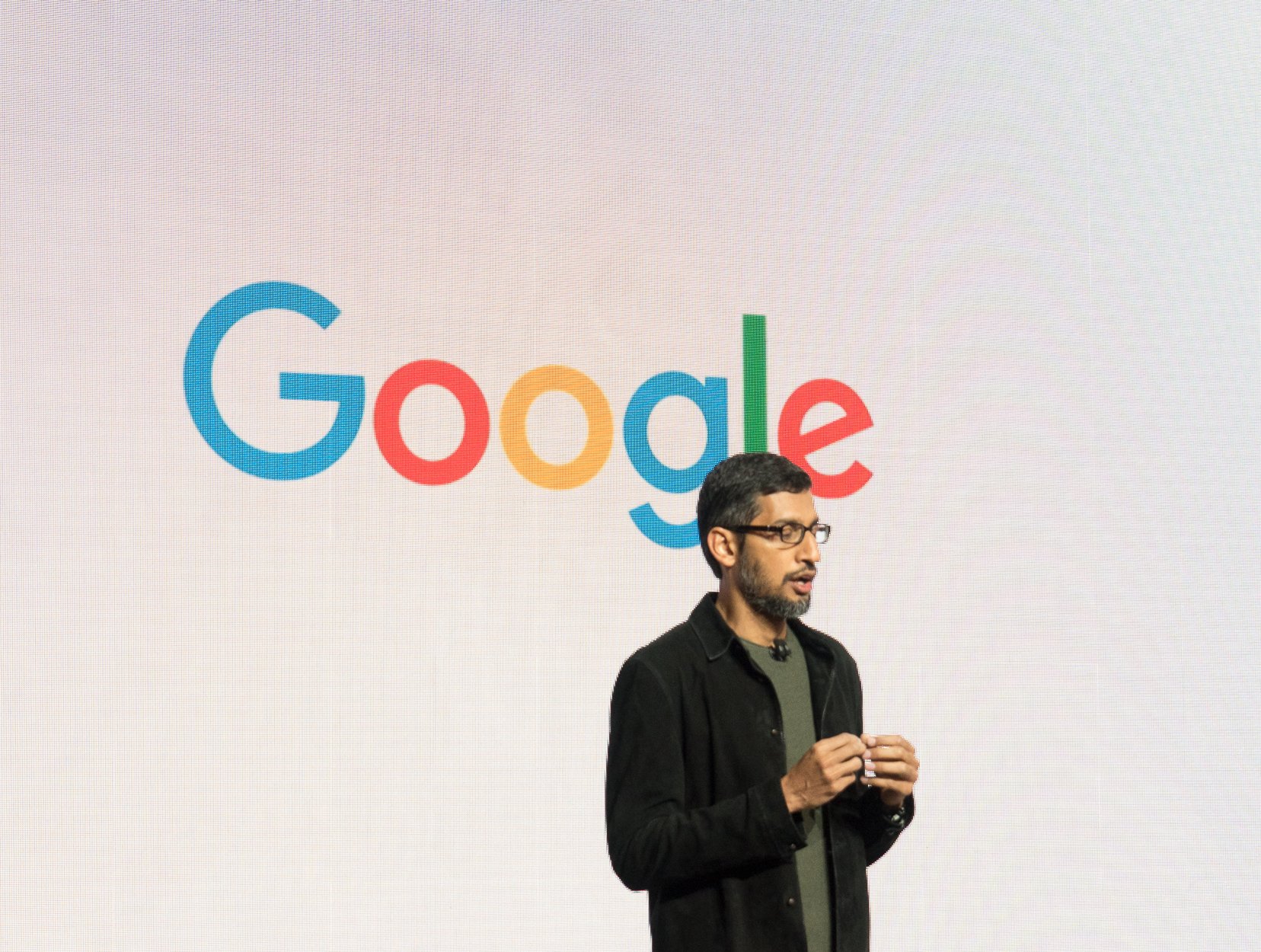Google CEO Sundar Pichai says smartphones need to cost as little as $30 in India

During a visit to India, Google CEO Sundar Pichai paid a visit to his alma mater, IIT Kharagpur, where he addressed a congregation of over 3,500 students. Speaking at the event, Pichai said that the cost of entry-level smartphones needs to come down to ₹2,000 ($30) to boost adoption in India:
I would love to see cheaper smartphones, entry-level smartphones. I think to really we need to bring the prices down even more, maybe at $30 level (about Rs. 2,000) for India for entry level smartphones.
The country is one of the fastest-growing smartphone markets in the world, and with the likes of Jio offering free 4G services, there has been a sharp uptick in smartphone sales in recent months. Google itself rolled out phones in the $100 segment with the Android One program a few years ago, but the company failed to attract any considerable interest from consumers.
Pichai added that local language support is another key area of focus in getting more people online. Although English is one of 22 official languages spoken in the country, its usage is limited to urban centers:
English is spoken only by a small segment of the overall population. So just getting Google to work in other languages is a big focus.We have made progress today in Android, with search, we support many languages but we want to do all that better so that it works even in rural situations with the right dialects and so on.
Pichai also announced the Digital Unlocked initiative earlier this week in Delhi, which sees Google providing free training courses and marketing tools to get local businesses online.
Get the latest news from Android Central, your trusted companion in the world of Android

Harish Jonnalagadda is Android Central's Senior Editor overseeing mobile coverage. In his current role, he leads the site's coverage of Chinese phone brands, networking products, and AV gear. He has been testing phones for over a decade, and has extensive experience in mobile hardware and the global semiconductor industry. Contact him on Twitter at @chunkynerd.
